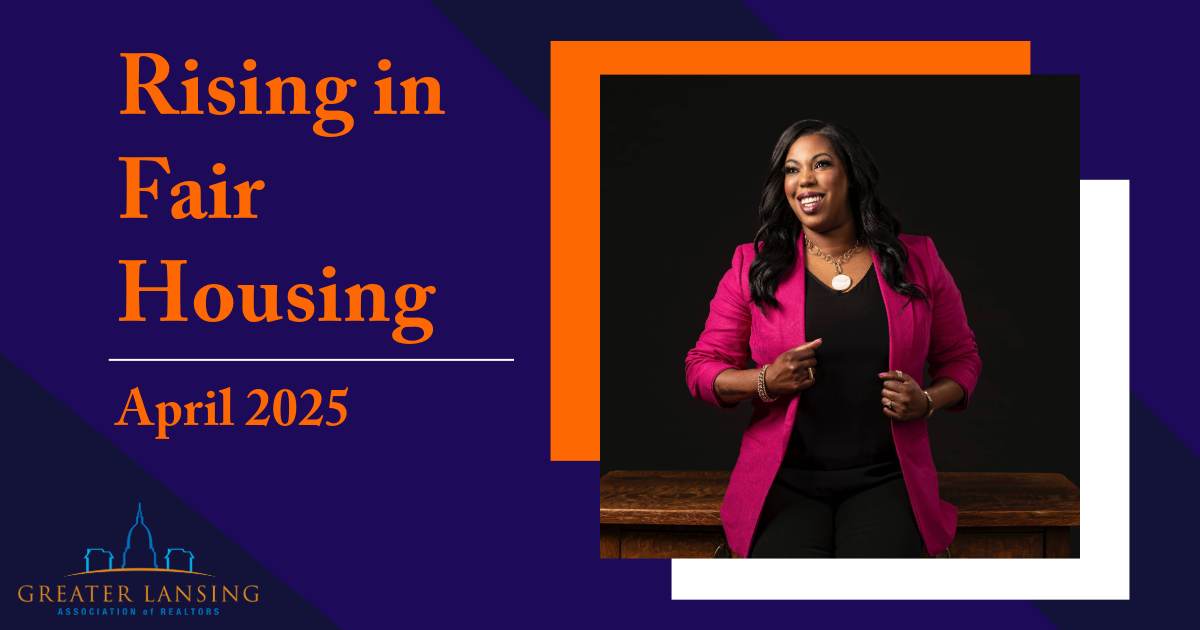Rising in Fair Housing and Inclusion
April 2025 Industry Update
Instructor: Graci Harkema
Top 10 Takeaways
1. Diversity Goes Beyond the Surface
Diversity isn’t just about what’s visible (race, gender). It includes:
- Thought
- Background
- Perspective
- Experience
2. Inclusion is Good for Business
Inclusion is not just a moral imperative—it’s also strategic. Inclusive environments lead to increased services, stronger client relationships, and higher revenue, especially in people-centric industries like real estate.
3. Building Trust Starts with Empathy
Meeting others where they are—even if their experiences are different from your own—is key to fostering trust, inclusion, and a sense of belonging.
4. Belonging Means Feeling Seen and Heard
Inclusion is “being seen, being heard, and being valued.” Creating spaces where people feel like they belong can drastically improve collaboration, innovation, and well-being.
5. Bias is Natural—But Controllable
Bias itself isn’t inherently bad; it’s human nature. Problems arise when biases operate unchecked. Learning to recognize and control biases allows individuals to make more intentional, equitable decisions.
6. Microaggressions Matter
Small comments, jokes, or assumptions—whether intentional or not—can cause real harm. Microaggressions lead to disengagement, loss of trust, decreased performance, and even lawsuits in professional environments.
7. Fair Housing is a Collective Responsibility
Reinforcing the importance of the Fair Housing Act, Graci emphasized that real estate professionals are stewards of equality and access. Upholding fair housing principles is both a legal and ethical duty.
8. Bystander Intervention is Critical
If you witness bias or microaggressions, speaking up respectfully is powerful. Asking open-ended questions like, “What do you mean by that?” helps correct misunderstandings without creating defensiveness.
9. Check Your Assumptions
Real estate professionals must avoid steering or making assumptions about areas based on race, income, or other stereotypes. Let data—not bias—inform conversations about neighborhoods.
10. Self Reflection Leads to Real Change
Participants were challenged to commit to one action step they would take to increase inclusion and fair housing. Small, intentional efforts—whether active listening, avoiding assumptions, or educating others—build momentum for lasting impact.
Want to watch a replay and earn continuing education credit? Watch now on GLAR Academy


